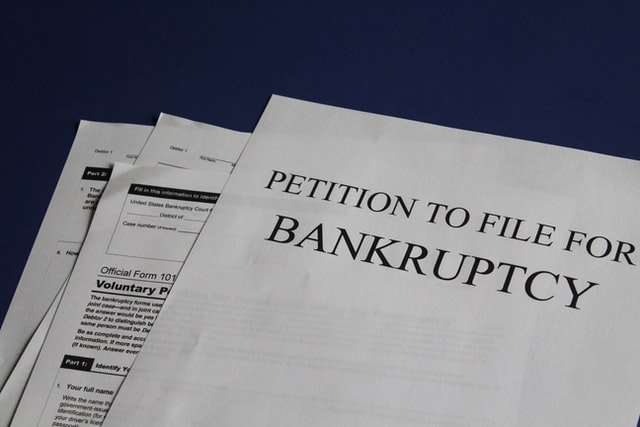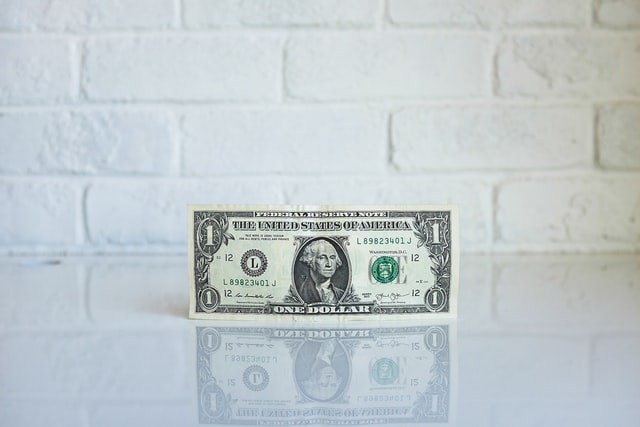The judgment is a court order showing that you owe the balance to your creditors. In the event that you are unable to pay your debt on time, creditors can use their judgments to try to regain their personal property or change their salary to pay the debt. Can you file bankruptcy on a judgement lien?
Can you file for bankruptcy in connection with the judgment?
Because judgment can cause so much damage to your creditworthiness, many people wonder if there is a way to explain it quickly.
Many experts will recommend filing for bankruptcy, but does bankruptcy completely explain the sentences?
Filing for bankruptcy releases you from any personal obligations, including debts to creditors. However, it should be remembered that after the judgment and the pledge on the property, the bankruptcy will not be able to remove the pledge.
You can ask your bankruptcy lawyer to apply to the court to annul the lien on your property. But it’s best to handle the judgments before they are attached to the property.

How to avoid legal pledge
Your declaration of intent in chapter 7 must list all secured debts, including legal pledges, and you must notify the court whether you intend to pay those debts and retain the pledged property, or give away your property and pay off debts. This form has an option called ‘ownership declared as exempt’ that you must check if you want to avoid liens.
Then you need to submit a court application to avoid liens. If no one answers, the court will issue a lien order. If the creditor submits a reply, the court will conduct a hearing at which evidence can be provided that the pledge can be avoided. The court will then issue the order, avoiding the lien or leaving it intact.
How bankruptcy stops debt collection activities
Most people end up with a monetary sentence after a creditor has filed a suit for outstanding debt. If you do not answer or lose the case, the court will decide on the amount of the debt and other amounts such as lawyers’ fees and the cost of filing a lawsuit.
Depending on the state laws, the creditor of the judgment will likely be able to use the judgment to receive a salary or bank account (funds will be collected without your permission), and even take over and sell your property. When you file for bankruptcy, an automatic stay – a court order – will stop such attempts to recover.
After successfully completing the bankruptcy in Chapter 7 or the case in Chapter 13, you’ll probably remove the creditor’s right to collect debts.
Exceptions to discharge
Some types of debt cannot be released from bankruptcy. If the creditor obtains a judgment against you for a non-exempt liability, the declaration of bankruptcy will not give effect to that judgment. Some of the most common types of non-appealable decisions include decisions regarding or arising from:
- national support obligations, such as maintenance and alimony
- criminal sanctions, fines and restitution
- some taxes
- student loans
- debts acquired as a result of fraud, deception or false appearance
- intentional and malicious damage caused by the debtor, and
- death or personal injury caused by drunk driving.














